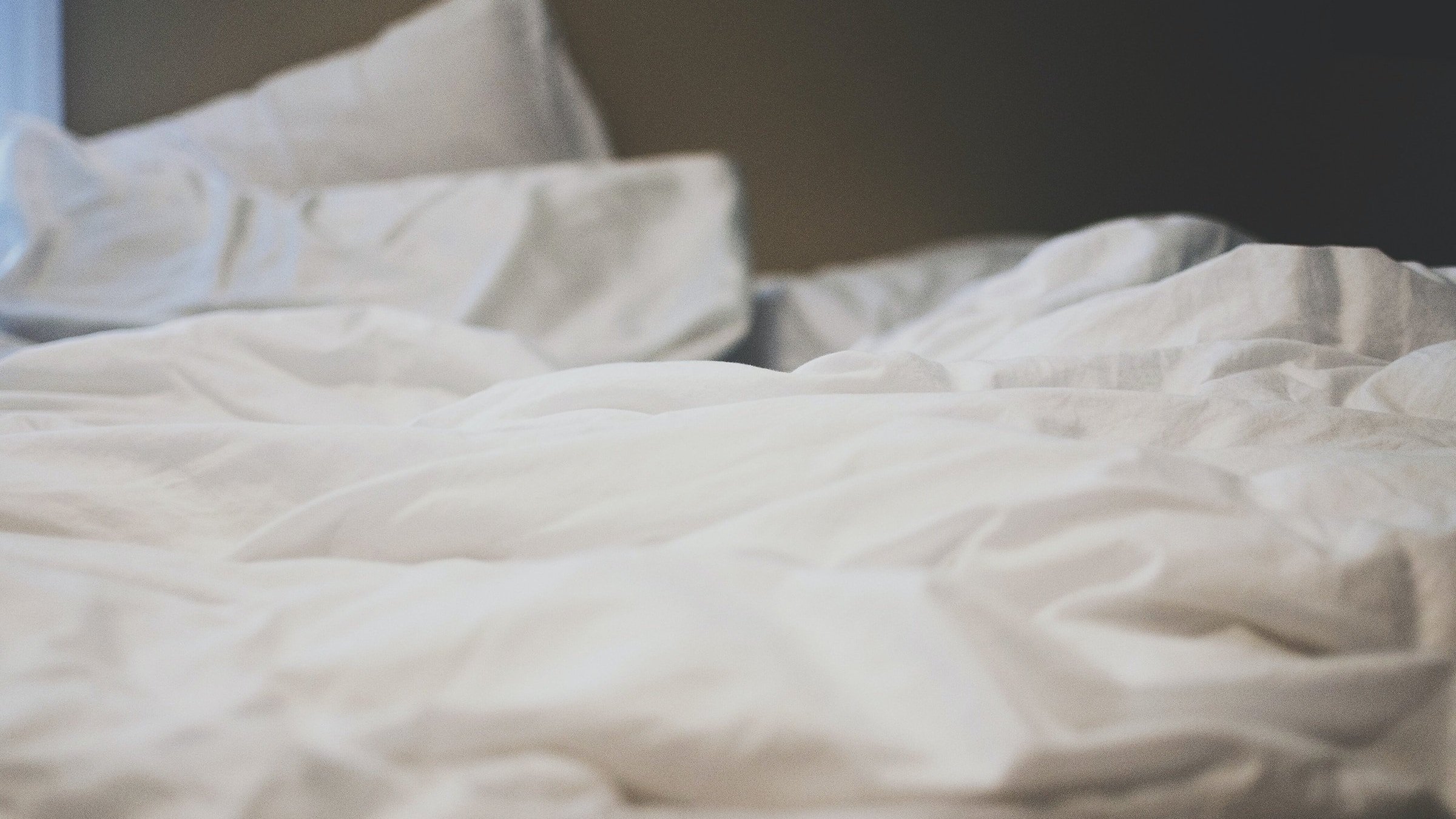Sleep Chronotypes: A Key to Optimal Health and Productivity
Photo by Vladislav Muslakov | Unsplash
Have you ever noticed that you're more productive during certain hours of the day? Or has a sleep tracker shown you that your deep sleep happens around the same time each night? These are both indicators of your personal sleep chronotype!
According to Board Certified Sleep Specialist, Dr. Michael Breus, a person's chronotype refers to their unique circadian rhythm or individual differences in activity and alertness in the morning and evening.
Understanding different sleep chronotypes
Sleep chronotypes are connected to your circadian rhythm, which governs sleep-wake cycles and alertness levels during the day. Recognizing your own chronotype can help you structure your day to optimize productivity, especially when you start to schedule crucial tasks during your peak productivity periods. This can help you align all your activities with your natural energy levels – for improved efficiency and performance, including rest when you need it!
Sleep chronotypes can be classified into 4 different categories:
Lion: Lion chronotypes prefer waking up early in the morning. They tend to wake up even before dawn and are most energized and productive until noon. Lion types have the lowest productivity level during the evening but have no issue falling asleep at night.
Wolf: Wolf chronotypes, on the other hand, often struggle with waking up in the morning. Individuals with wolf chronotypes tend to naturally awaken around noon, and experience heightened productivity in the few hours following their wake-up time. Subsequently, their energy levels taper off for a brief period before resurging with a boost a couple of hours later, often leading to late-night productivity sessions
Bear: Most people fall into the category of bear chronotypes, meaning their sleep and wake patterns follow the natural rhythm of the sun. Bear chronotypes tend to wake up effortlessly in the morning and have no issues falling asleep at night. They’re normally most productive in the morning but lose energy after lunchtime due to the “post-lunch” slump.
Dolphin: If you find it challenging to stick to a consistent sleep schedule, you might be considered a "dolphin". Dolphins are individuals who are sensitive to various disruptions like noise and light, which can result in inadequate sleep. However, the silver lining is that dolphins tend to have a peak productivity period from 10 a.m. to 2 p.m., which can be a favourable time to accomplish tasks and be productive.
Photo by Cassidy Dickens | Unsplash
How is your sleep chronotype determined and can you change it?
According to The Sleep Foundation, chronotypes can vary depending on genetics, age, and other factors, which will influence productivity at different times of the day.
Typically, children exhibit a "lion" chronotype, waking up early in the morning. However, during adolescence, their sleep pattern tends to shift towards a “wolf” chronotype, causing them to stay up late and generally sleep until noon. As people transition into their twenties, their chronotype tends to adjust earlier, helping to align with adult responsibilities. Additionally, over the years the chronotype tends to shift even earlier, reflecting the natural changes in sleep patterns that occur with aging.
Your sleep chronotype is determined by a gene called PER3, which unfortunately cannot be changed. According to the National Library of Medicine, PER3 is one of the primary components of the circadian clock system and plays a critical role in regulating circadian rhythm, along with controlling numerous other biological processes. This gene is part of a family of genes called "Period". It works with the body's internal clock to control activities like moving, eating, and sleeping. It is found in a part of the brain called the "suprachiasmatic nucleus", which helps regulate this clock.
A 2021 study from the University of Colorado, in the Journal of Biological Rhythms, suggests that your chronotype may even influence everything from your chances of depression, diabetes and heart disease to the optimal time for exercising, eating or taking medicine.
Although you can't fully alter your genetic sleep chronotype, you can "train" your circadian rhythm by establishing a consistent and strict sleep-wake routine. For instance, a night owl can create a routine to wake up at 7am, but they may not be productive until later in the day.
With your commitment, Maka’s experts will provide personalized functional wellness support. The program offered by Maka is designed to support you in optimizing sleep, nutrition, and physical activity, recognizing that everyone is as unique (as are their sleep chronotypes) and that there’s no such thing as a “one-size-fits-all” solution to health.
As we support you in implementing the right Maka Methods for you, we can assist you in identifying your personal sleep chronotype, which will empower you to use your peak productivity hours more efficiently each day and maintain wellness routines that align with your unique lifestyle and goals, so you can live better and thrive longer.
If you're interested in discovering how Maka can benefit you and fit into your life schedule, sign up for our monthly newsletters or get in touch with us at info@makahealth.com
This article is provided for educational and informational purposes only and does not constitute providing medical advice or professional services. The information provided should not be used for diagnosing or treating a health problem or disease. Always seek the advice of your doctor or other qualified health provider regarding a medical condition. If this article features the advice of physicians or medical practitioners, their views are their own, and do not necessarily represent the views of Maka.



